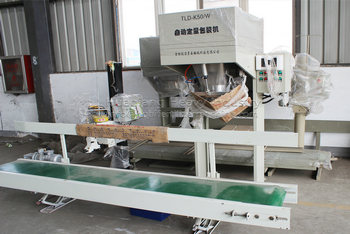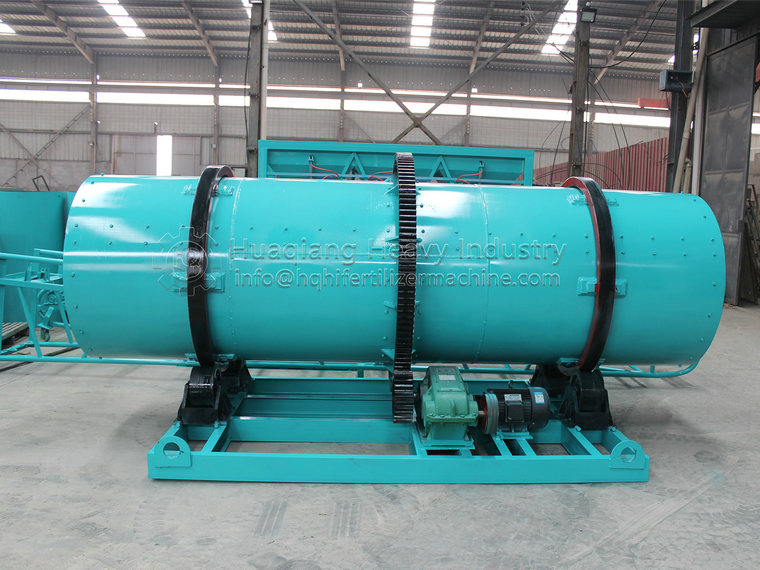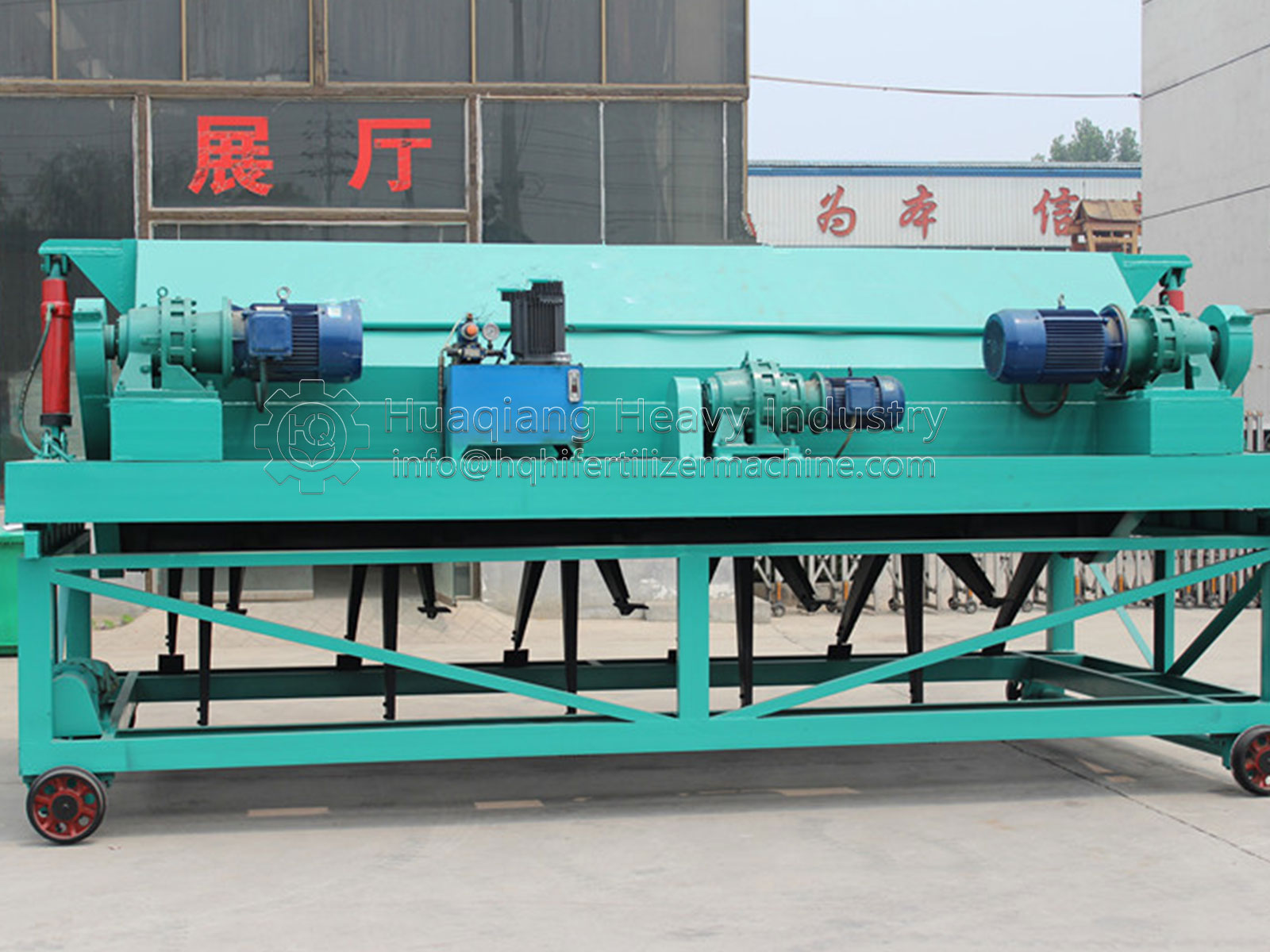What equipment is required for the entire nitrogen phosphorus potassium fertilizer production line?
The npk fertilizer production line is mainly composed of batching machine, granulator, drying and cooling machine, screening machine, dust removal machine, and fertilizer automatic packaging machine. Different production standards, fertilizer production equipment is different, the npk production line has high work efficiency and saves labor costs..jpg)
1. Automatic batching system: The automatic batching system is mainly composed of feeding system software, weighing equipment, hopper and conveyor belt. At the same time, the static data batching system also has the precision (0.2%) dynamic batching of the basic static data batching.
2. Granulator: Double roller granulator, disc granulator, drum granulator, etc. This series of plastic granulators is a continuous pendulum rod for wet testing, granulation technology and production.
3. Organic fertilizer drying equipment: It is a kind of compound fertilizer drying equipment with the characteristics of beautiful design, convenient use, low energy consumption, long service life, well-proportioned drying, and convenient maintenance.
4. Organic fertilizer vibrating screen: The series product drum screening machine is a commonly used machine and equipment in the production and manufacture of compound fertilizers. It is suitable for the separation of finished products and returned materials. Classify evenly.
5. Dust collector: Cyclone dust collector is a type of dust collector equipment, which is mainly used for pre-ash removal of high-concentration exhaust gas and material separation and acquisition. The purification treatment rate is higher when the dust of 5~10μm is separated from the coarser particulate matter.
6. Quantitative packaging scale: automatic packaging scale, this equipment is a fully automatic quantitative packaging machine (including transportation, sewing machine/sealing machine) and optional parts (transportation equipment, seaming machine/sealing machine).





.jpg)

